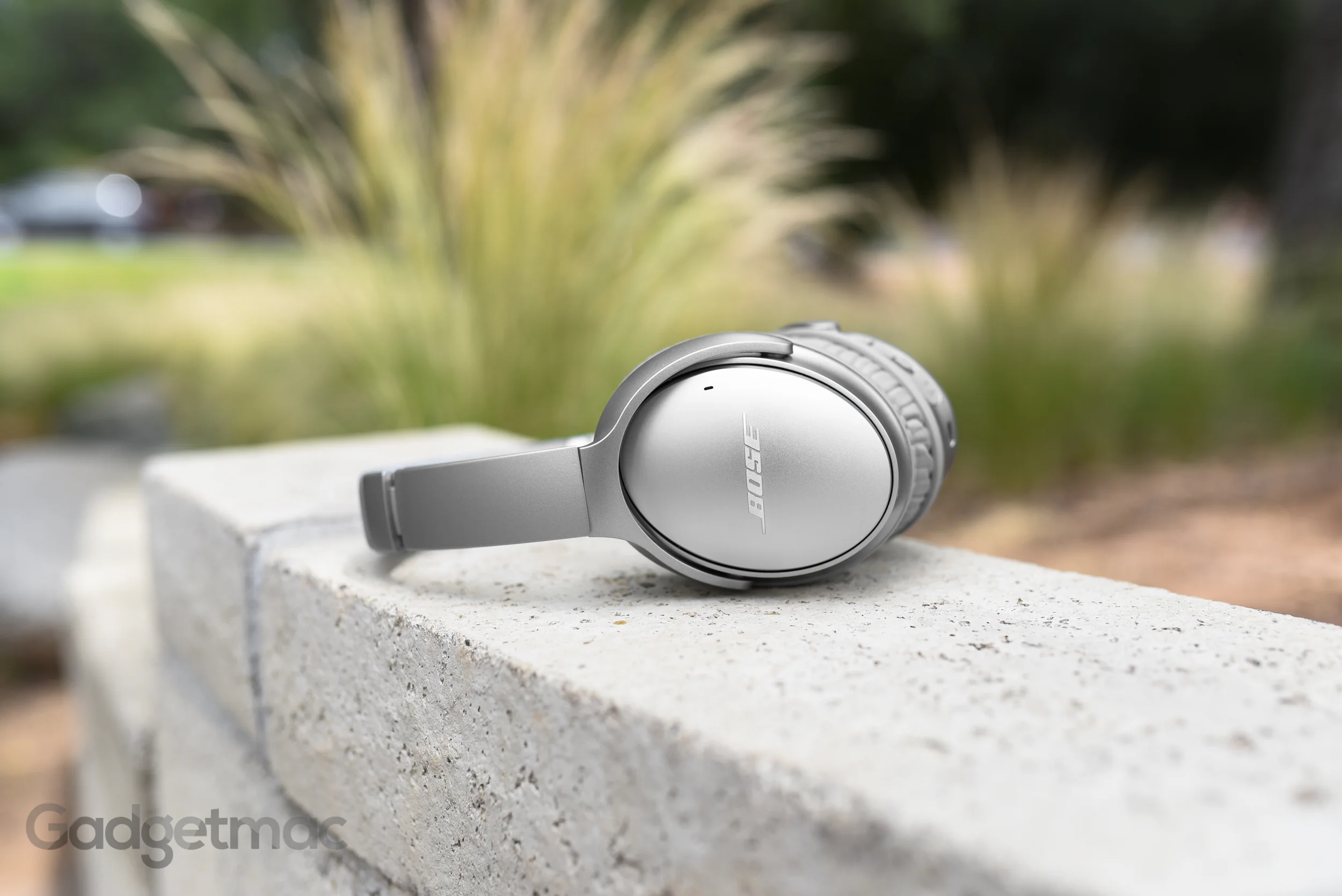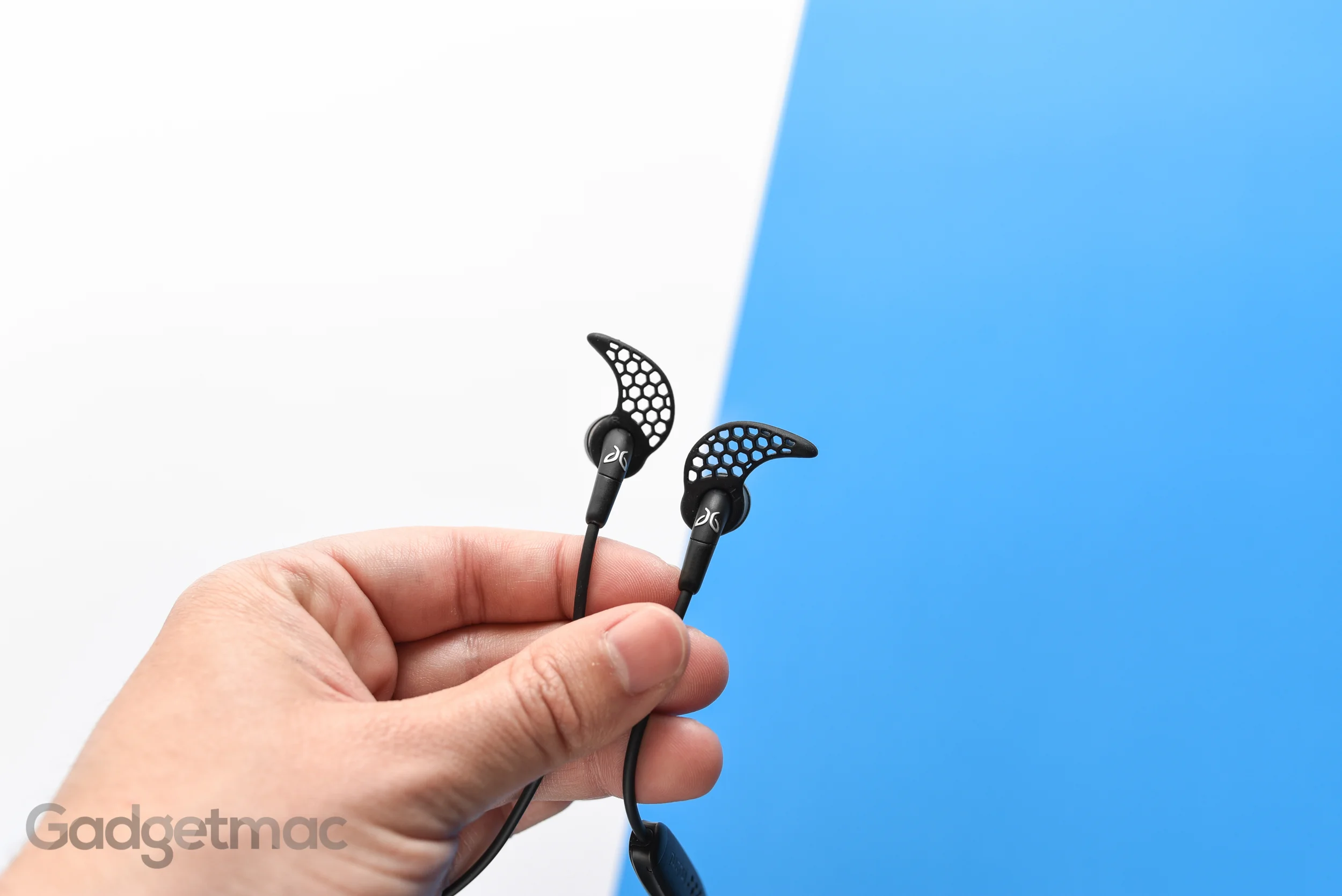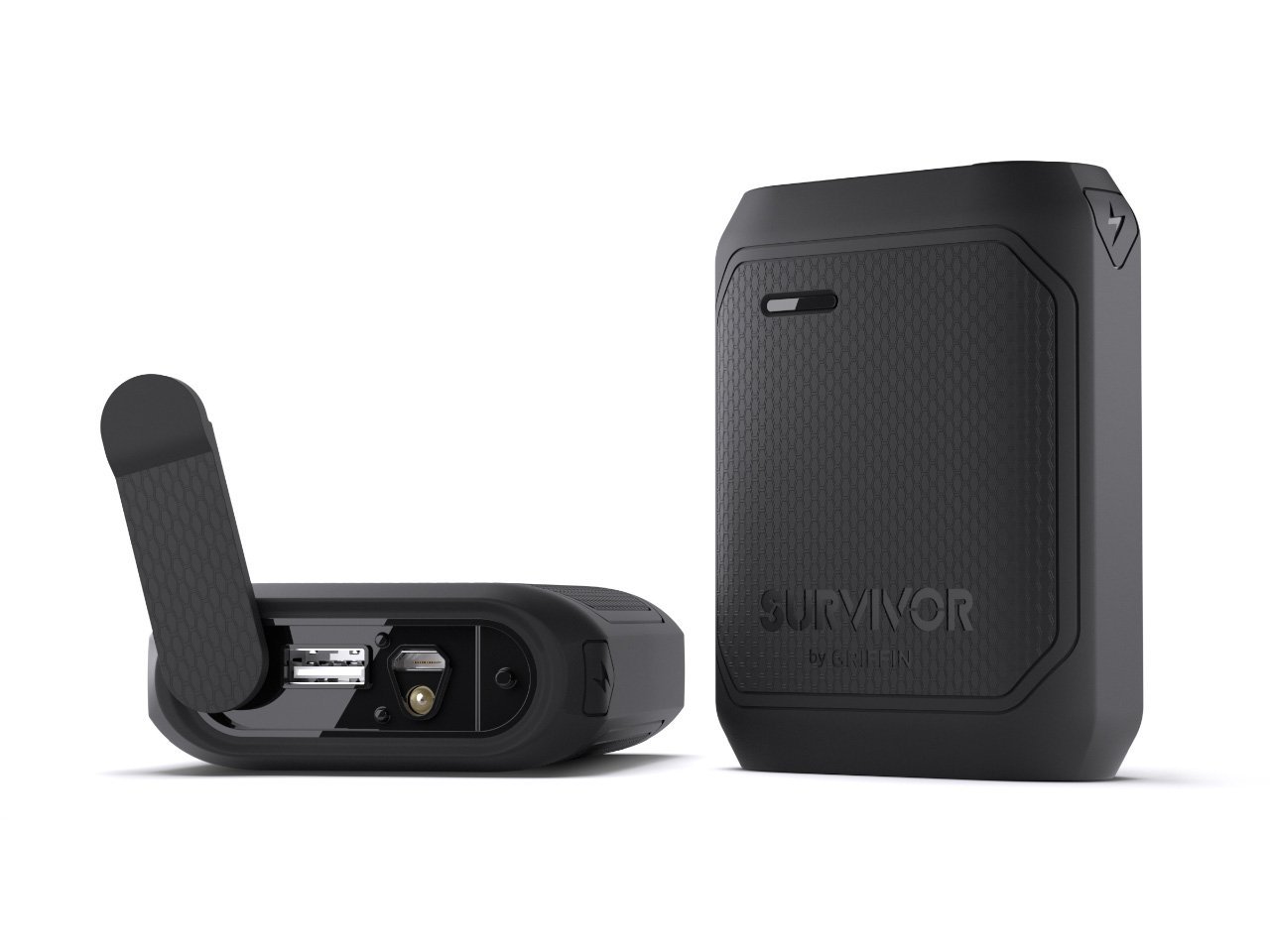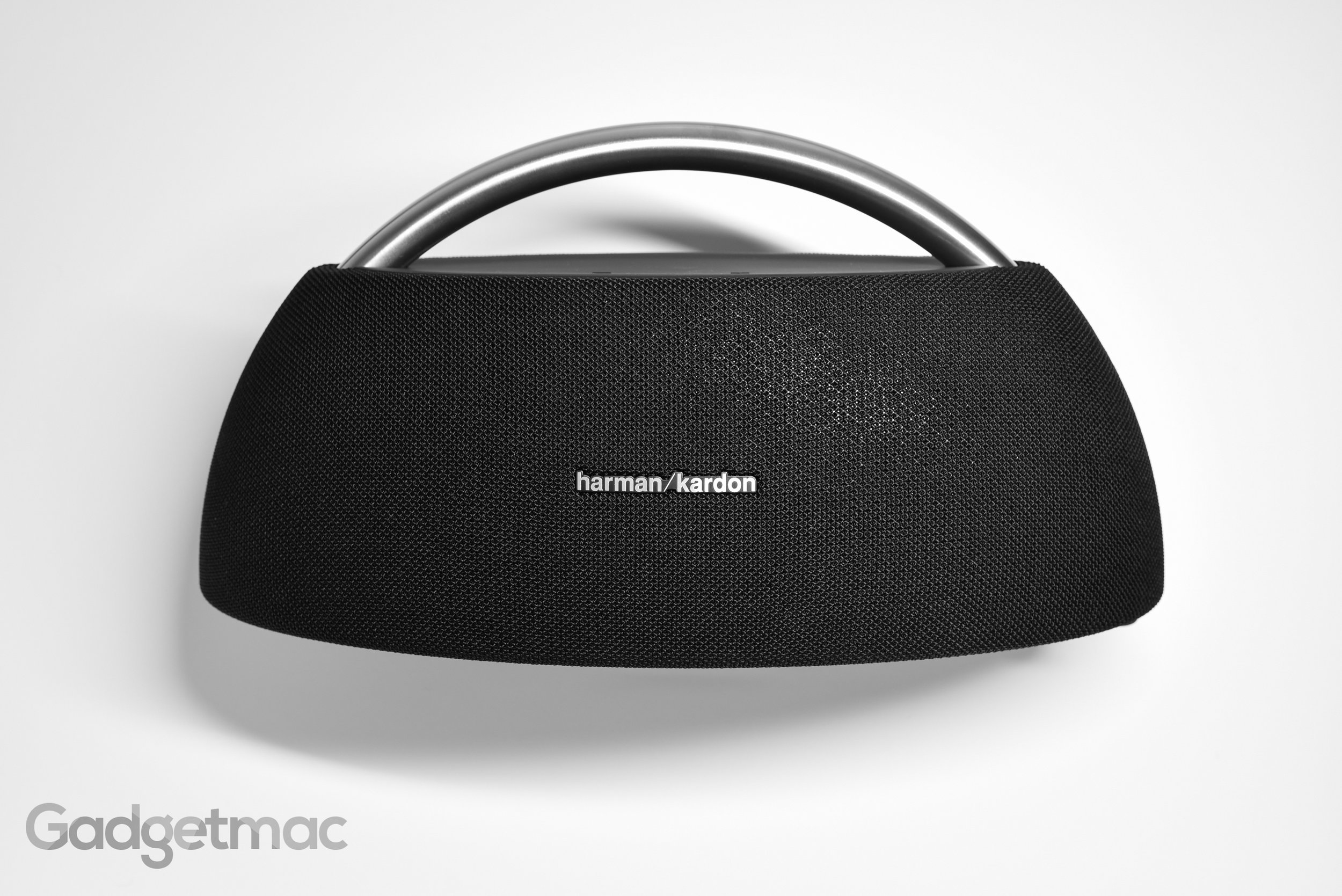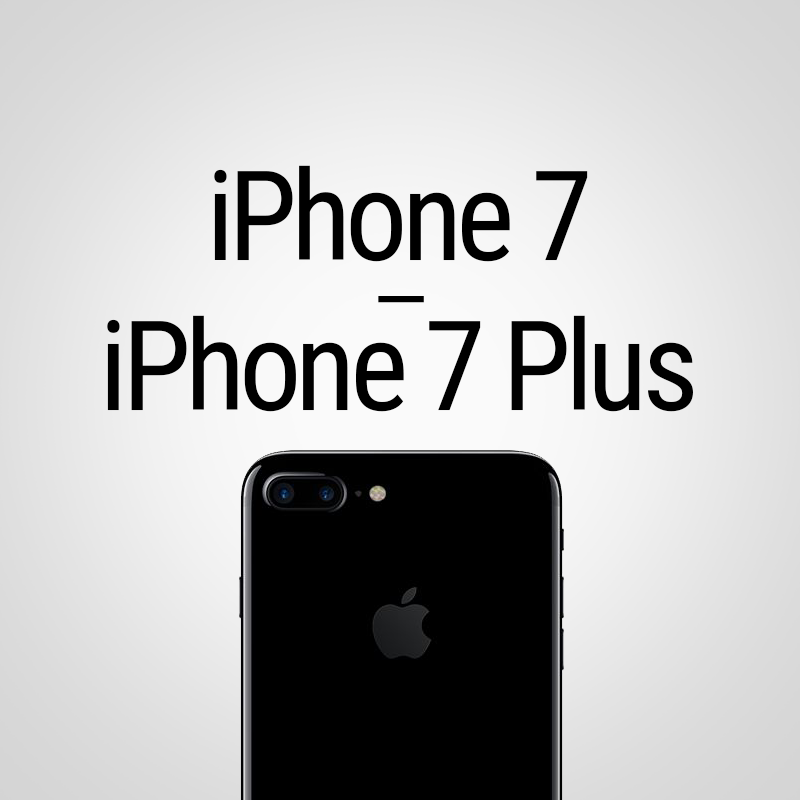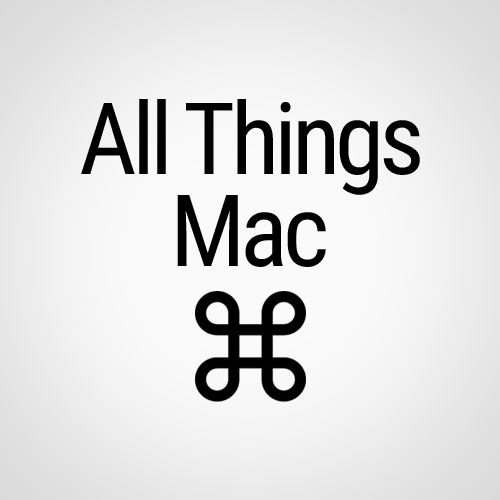ADATA S511 SSD Review
/All SSD drives have one thing in common, speed. And lots of it. These little lightweights are the superchargers that will boost whatever OS it is that you are using. That's all sounds very good, but good things do come at a cost, and SSD drives have yet to get off their high horse with ridiculous price points considering the storage capacity they offer in return. ADATA'sS511SSD is the company's flagship drive with promising performance on paper at affordable price tags. We've put the S511 thru the test so be sure to jump past the break for the full review!
If you ever wanted to get more out of your computer with significant performance, it is now a known fact that you should be investing in an SSD drive. But don't throw away that mechanical hard drive of yours yet, because all that storage power your hard drive carries will cost a fortune in the SSD world, not to mention the fact that most SSD drives aren't available in the terabyte league. Why get an SSD? It's quite simple really, with an SSD drive under the hood of your think box, you'll be experiencing a more faster, responsive OS with the advantage of a more quieter computer since an SSD has no moving parts and generally runs a lot cooler than traditional hard drives whilst consuming less power - great for portables. And with Adata offering its SSDs at more affordable price points, it seems like a no brainer. Of course, the S511 is dead silent inside a MacBook Pro like any other SSD. One can really appreciate the silence of having an SSD as there is not clicking, ticking, spinning noises and vibration to drive you mad.
Out of the packaging, the S511 comes included with a 3.5" bay adapter made from a piece of aluminum suitable for those who use a tower PC or Mac Pro. The adapter comes with all the necessary mounting screws too. And besides some documentation, that's about all she wrote. The best part is yet to come, when you find yourself having to set the drive up in its new home. Which shouldn't be a hassle if you have the basic knowledge of installing a fresh drive into your system. There's no difference in the process between a regular hard drive and an SSD at all for those of you SSD virgins. In my case, I've installed OS X Lion on the S511 for this review.
The dive itself isn't the most impressively built SSD that I've come across, but it'll do with its brushed aluminum enclosure.
Moving right along, the S511 has a 2.5" form factor and SATA 3 6Gbps connection which is also backwards compatible with a SATA 2 3Gbps connection, TRIM support and is backed by a 3-year warranty. On paper the S511's performance specs are impressive with up to 550Mbps read and up to 500Mbps write speeds. All of which greatly depends on the type rig you've got. The S511 comes in 60GB, 120GB, 240GB and 480GB flavors. To test out this SSD, I've used a MacBook Pro with Intel Core i7 2.0GHz, 16GB of RAM running OS X Lion. Instead of boring you with a bunch of graphs, various stats most of you won't have a clue how to read, we're going to get to the point with real-world testing and give you the results straight on.
It's also worth noting that the drive we got to review has a capacity of 60GB with 59.16GB of storage left after wiping the drive clean for use. That's really great especially when you've got very little to work with from the start.
Comparing the Adata S511 SSD against a popular hybrid hard drive like the Seagate MomentusXT 750GB which boasts an 8GB of flash memory, SATA 3 6Gbps and a 7200RPM hard drive will give you a better idea of how a capable and now affordable hard drive with loads of storage capacity ranks up against an SSD like the S511. Using the beloved Disk Speed Test to measure the raw performance of the MomentusXT above and we get an average of 86Mbps write and 87Mbps read speeds. Not quite close to what a full fledged SSD is capable of, however much faster than a normal 7200RPM drive.
And just for good measure, the 2011 MacBook Air's Samsung SSD above averages around 250Mbps write and read speeds.
So how did the S511 SSD fair? Surprisingly disappointing to say the least. As you can tell, the S511 started out of the wrong side of the bed with poor performance in the write category with average speeds of just 78Mbps. On the other hand, the S511 looked a bit more promising with its read performance averaging 372Mbps. Whether this drive just hates Macs or isn't fully compatible with OS X Lion is yet to be determined. We'll just have to wait and hear what Adata has to say about all this. As for TRIM support, OS X Lion did not support TRIM with the S511, it only is when using a third party app to enable TRIM support will the S511 be TRIM enabled. But as I quickly found out, the S511 with TRIM support turned on only degraded its performance under OS X Lion.
Transferring a 842MB photo folder over a WiFi home network using AirDrop from a MacBook Air over to a MacBook Pro tested out the write speeds of the S511 and has taken 3.20s to complete. While the MacBook Air's stock Samsung SSD has proven to be much quicker with its write speeds finishing the transfer in only .56s.
After benchmarking the S511 numerous times, the drive started to act weird with long system hangs. Also, boot times with the S511 greatly increased from 18s to 30s after only a few days of use. That only justifies the poor performance of the drive and leaves an impression that this isn't the most reliable SSD out there. System hangs is the last thing you'd want to be experiencing using an SSD.
At this point, we cannot recommend going with Adata's S511 SSD due to such poor performance and it being not very reliable whether firmware or hardware has something to do with it. You can find the 60GB version of the S511 on Amazon for around $110. You'd be better off going with Seagate's new 750GB Momentus XT hybrid drive at around $180 if storage is important to you.



